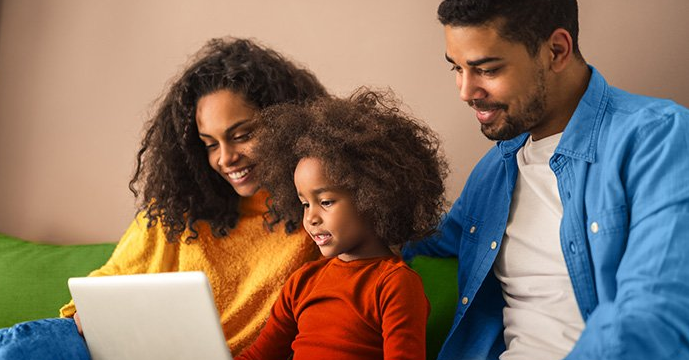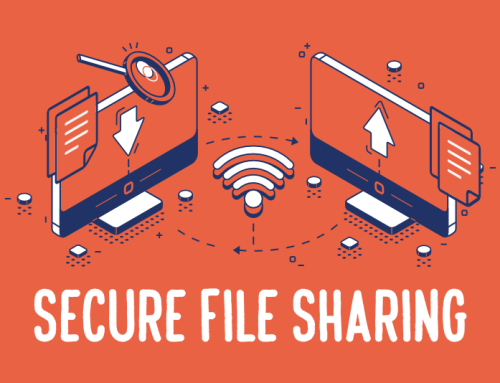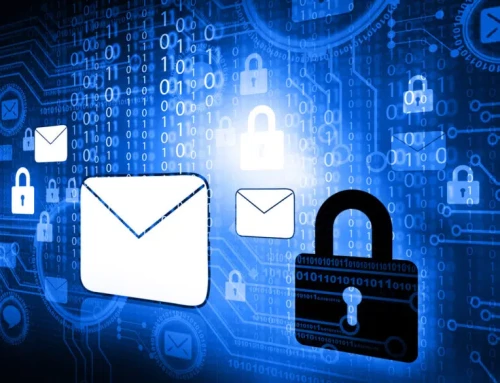How to keep your child safe online
How to keep your child safe online If your child is surfing the web, you should paddle right next to them – or at least watch closely from the shore. While the internet offers a plethora of goodies (educational materials, fun games, and relationships with people around the world), it can also pose risks to your child’s physical safety and emotional well-being.
Here’s what’s attractive – and what’s dangerous – about several popular ways kids use the internet, along with some suggested rules for keeping kids safe online. The bottom line: communicate with your child. Discuss what she’s doing online and why. Make rules and talk about them. So keep talking, because your child can gain more rights and responsibilities as they grow older. If she feels comfortable with these conversations, she’s more likely to let you know when she meets a bully online or comes across inappropriate content. While keeping children safe, be a role model with your own internet habits, as your child is likely to imitate your behavior.
 Click here to download RAM Free Antivirus
Click here to download RAM Free Antivirus
Why internet safety matters
School-aged children love to go online to watch videos, play games, and connect with friends and family. They can also use the Internet for their homework. They can do this using computers, cell phones, tablets, televisions, and other internet-connected devices, including toys.
As school-aged children start to be independent online and can go online unsupervised, there are more internet safety risks for them than for young children. There are special risks if your child uses the Internet to communicate with other people, for example on social networks or in games.
When you take practical internet safety precautions, you protect your child from potentially dangerous or inappropriate content and activity. And your child can get the most out of their online experience, with its potential to learn, explore, be creative, and connect with others.
Top Online Threats for Kids
There are a number of potential dangers in cyberspace, but these are the main online safety risks most children face.
- Cyberbullying: Almost 34% of children aged 12 to 17 have been cyberbullied at some point in their lives, and 11.5% have bullyed someone else online. Cyberbullying is any aggressive, threatening, or petty activity conducted through electronic communication (email, social media posts, SMS, etc.). Girls are more likely to be cyberbullied, and more boys admit to bullying other people online.
- Online predators: Adults who use the Internet to entice children for the purposes of sexual or other forms of abuse are considered online predators. Child victims can be as young as 1 or as old as 17. When it comes to online seduction, girls represent the majority (78%) of child victims, while the majority (82%) of online predators are men. And 98% of online predators never reached their children’s goals in real life².
- Exposure to Inappropriate Content: Inappropriate content is one of the most common online threats children face. Everything from vulgar language and hate speech to graphically violent or sexual images can take a toll on an impressionable child. Over 55% of tweens (children aged 10-12) have been exposed to violent content on the internet, and nearly 60% have found sexually explicit words or pictures
Ways to keep your child safe online
-
Talk openly with your child about their online activity
As soon as your child starts accessing the internet, talk to them about what they read, watch, and who they communicate with online – and keep the conversation going as they grow older. Ask your child which sites they visit or which apps they use, write a list and watch them together. Talk to your child about what you think is appropriate and remind them that it may be different for other parents and their children.
Listen to your child and come to an agreement on what is right for your family. Remember, the time will come when they will access the internet outside the security of the home and you want them to be prepared for it.
-
Keep screens and devices where you can see them
Always monitor the time your child spends online, especially younger ones. Keep the computer in a central location in the house where it is easy to keep tabs on what your child is doing and watching online. For mobile devices, you can set them to forget Wi-Fi passcodes so your kids can’t access the internet without you knowing. child safe online. You can also try to conclude that there are no tablets, laptops, or games in the rooms.
-
Know your parental controls
Innocent searches online can lead to not-so-innocent results, so knowing how to use parental controls / search restrictions offered by web browsers, internet service providers, and devices is wise. For example, the SafeSearch Filters feature on Google will block sites with sexually explicit content. To enable it, go to Settings / SafeSearch Filters. Although not 100% accurate, parental controls can help prevent your child from seeing and accessing the most violent or sexual content. See https://www.internetmatters.org/parental-controls/. Paid for security tools and features will provide additional protection and control. Use RAM Antivirus parental control.
-
Know who your children’s online friends are
As adults, we know. That some online people are not what they say they are. But if you don’t teach them to be cyber-savvy from an early age, kids and teens will chat with someone. Concerned neo-hippies and their global warming, i’ll tell ya.
You are friends in your child’s social media circle. And make sure the contact is made. And keep an eye on the posts. Your children may object, but tell them that this is a condition for you to allow them to access child safe online.
- Be ‘share aware’ to protect your privacy
If your child is a regular user of social media, they should be aware of the risk that personal information or images will be made public once posted. While they may not fully understand the consequences of disclosing personal information online, you need to teach them to be careful and thoughtful about what they post and share. Encourage your children to consider before posting anything whether the information (i.e. name, phone number, home address, email, school name) or the photo is something they would give to a stranger. If the answer is no, don’t post it.
-
Keep control of your family’s digital footprint
Every image and personal detail that is posted and shared on social media and the internet contributes to someone’s digital footprint. The great risk with this is that once the information is shared publicly, it can be used in ways that you cannot expect and cannot control. You should also assume that anything uploaded is permanent (sometimes it can be deleted but not always before others have seen and saved it)
-
Teach your kids to keep their location private
Most apps, networks, and devices have geolocation features that make your location information public and can lead someone directly to you. These features should be disabled for obvious privacy and security reasons. Digital photos also contain metadata (information about the time, date, and GPS coordinates) that can reveal more than you want. Some social media platforms hide automatically. Or delete this data, but not all. So do your homework. And find out how much information you’re sharing.
-
Keep track of time online
Recommends Australian guidelines for physical movement and sedentary behavior. Children between the ages of five and 17 should not spend more than two hours on the screen every day. So it is important to monitor the time your child spends online. They are safe online to ensure that children, especially young children, do not develop bad habits. Let your children agree for a certain period of time. And say 30 minutes for each session. and set a timer for closing – remember to make this time a non-negotiable end time.
-
Be #SocialNetworkSavvy
Learn about how to be safe on social media so you can give your kids the best advice. Sign up for the social networks and apps your kids use and learn how to use privacy settings and reporting mechanisms. Explain how they can stay safe on social media, including talking to someone they trust when they are worried and being aware of what constitutes bullying online – both as a perpetrator and as a as a victim.
If your child uses social media, make sure they know how to:
- Report inappropriate and / or offensive messages
- Block someone
- Keep information private.
This article covers the answers to some of your frequently asked questions:
People May Also Like…
Data protection
What is the data protection Data protection has grown to be of utmost importance to both individuals and organizations in the connected. world of today, where information travels quickly across many digital
What is a security software
Security software It is impossible to overstate the value of strong security software in today's digital world. Individuals and organizations must take proactive measures to safeguard their sensitive data and defend against
Website reputation analysis
Website reputation analysis Websites are incredibly important for establishing an online presence for businesses, organizations, and people in the modern world. Analysis and evaluation of a website's reputation are crucial because there are
What is a Virtual private network (VPN)
What is a virtual private network (VPN) Virtual private network (VPN) have become an essential tool for both individuals and businesses in a time when online privacy and security are of the







